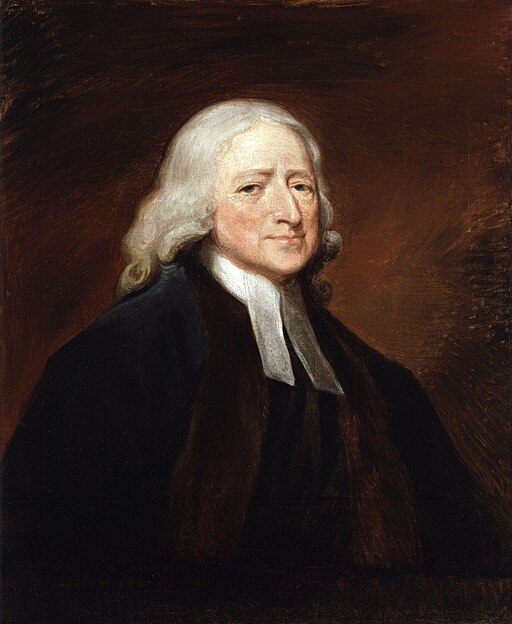
How could a totally good creation give birth to sin and evil? For that matter, how could a perfectly good God create a world in which there could be evil? These are great questions and ones to which different Christians have given various answers.
Two Extreme Views: Free Will vs. Predestination
You might argue there are two extreme answers we can eliminate immediately, both of which are in serious error from a Wesleyan perspective. On the one end are those who think that, because God is love, he can’t force anyone to do anything. God tries to woo and convince the world to the good, but it would go against his nature to force the good. This view has a mistaken view of what love is, insisting that it is intrinsically contrary to love for God to exercise his power and authority over the creation. Its explanation is that God cannot force evil to stop.
The opposite extreme holds that God “predestines” everything that happens, including the fall of Satan, Adam, and Eve. In this view, God ultimately directs every act of evil that ever happens. The problem here is that God effectively becomes Satan. After all, he is telling Satan what to do. This view makes a mockery of any claim that God is love… or good, for that matter.
Calvinist and Wesleyan Approaches

In between these two extremes are other options. On the Calvinist side is the view that God gave Satan and Adam a legitimate free choice, and it was possible for them not to have sinned. However, because of their sin, humanity has lost its free will. Now, on this view, God has chosen in his mercy to “elect” and rescue some, but the rest remain damned.
By contrast, the Wesleyan view is that, while the default state of humanity is damned and unable to choose the good, the Holy Spirit comes to us all with grace (“prevenient grace”) and empowers us to choose the good. We all thus have an opportunity to be saved.
In both of these latter approaches, God did not create the world with sin, but God created a world where Satan and Adam could choose whether to sin or not. God thus created the possibility of evil, but he did not direct the origins of evil. The Wesleyan view distinguishes between God’s directive will (where he commands something) and God’s permissive will (where he allows something).
The Nature of Evil and Its Impact on Our Choices
In the video introduction to this lesson, Dr. Chris Bounds suggested that the key is to realize that evil is not a “thing.” It is, at best, the absence of something, namely, the good. As he said, you can have good without evil, but you cannot have evil without the existence of good because evil is what is left when the good is removed.
Dr. Bounds also suggested that evil can result when a good desire fixes upon an inappropriate object. So the drive to have sex is good, but it is not good when one acts (mentally and/or physically) sexually in relation to someone who is not your spouse. In the case of Adam and Eve, the impulse to knowledge was good, but the target of the forbidden Tree of the Knowledge of Good and Evil was bad.
The consummate example of a human who was tempted but who did not sin or have a sinful nature is none other than Jesus himself. Hebrews 4:15 indicates that Jesus was tempted just like we are. That is not because he had a sinful nature but because our human bodies have good desires that can be pulled in the wrong direction. When we are hungry, we want food. That desire could push us to steal or be hurtful to others. The example of Jesus shows that temptation in itself is not sin.
“Desire,” as James says, temptation, is not yet sin. Rather, it is when desire has “conceived” that it gives birth to sin (James 1:15). Then when sin is full-grown, it leads to death. And certainly one can feed desire in a way that is a choice for sin.
Practical Implications: Living a Virtuous Life
How does an understanding of sin as a “privation” or misdirection of the good affect the choices we might make. First, we recognize that temptation is not defeat. We may have thoughts go through our heads, but it is the choices we make that matter. Emotions come and go. They just are. They are a part of our humanity. It is what we do with our emotions that matters. “In your anger, do not sin” (Eph. 4:26).
More importantly, we need to feed ourselves constantly with the good. We need to be “being filled with the Spirit” (Eph. 5:18).
We need to be plugged in. It is in the absence of the Spirit in our lives that sin creeps in to fill the void. If we are filled the Spirit, there will be no room left in us for the emptiness of sin.